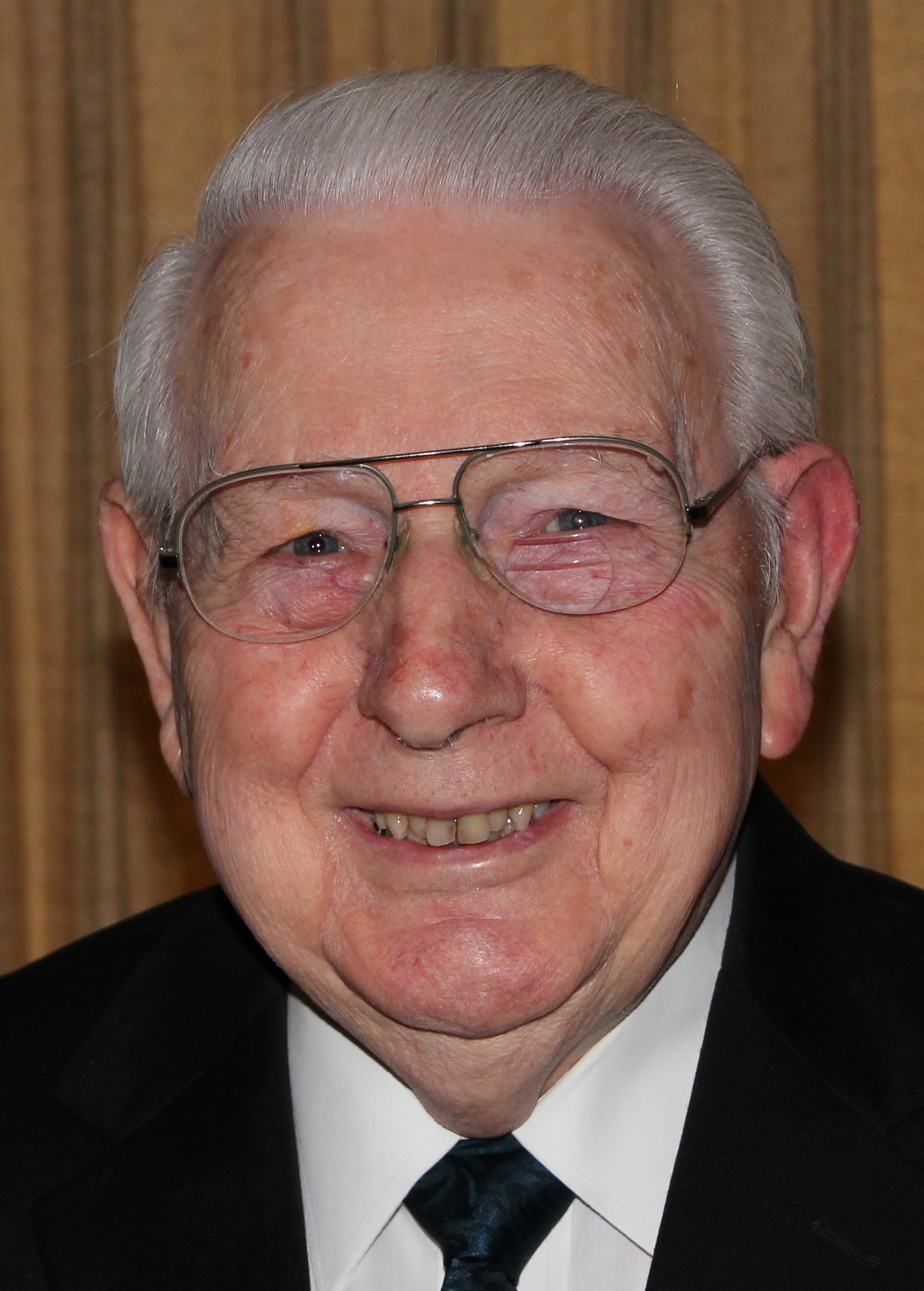 December 13, 2015 (Sunday)
December 13, 2015 (Sunday)
Written in the aftermath of the United States Civil War, this hymn expresses grief over the death and destruction of war, but sounds a note of hope for the future. Longfellow lost his wife and son to the war, but wrote with optimism about the days ahead.
The words, “hate is strong and mocks the song of peace on earth, good will to men,” admit the reality of the times, but still looks forward to a better day to come, a day of peace, promised by angels when Jesus was born.
Henry Wadsworth Longfellow 1867 I Heard the Bells on Christmas Day Their old familiar carols play, And wild and sweet the words repeat Of peace on earth, good will to men. I thought how, as the day had come, The belfries of all Christendom Had rolled along the unbroken song Of peace on earth, good will to men. And in despair I bowed my head: “There is no peace on earth,” I said, “For hate is strong and mocks the song Of peace on earth, good will to men.” Then pealed the bells more loud and deep: “God is not dead, nor doth he sleep; The wrong shall fail, the right prevail, With peace on earth, good will to men.” Till, ringing singing, on its way, The world revolved from night to day, A voice, a chime, a chant sublime, Of peace on earth, good will to men! |
LISTEN
